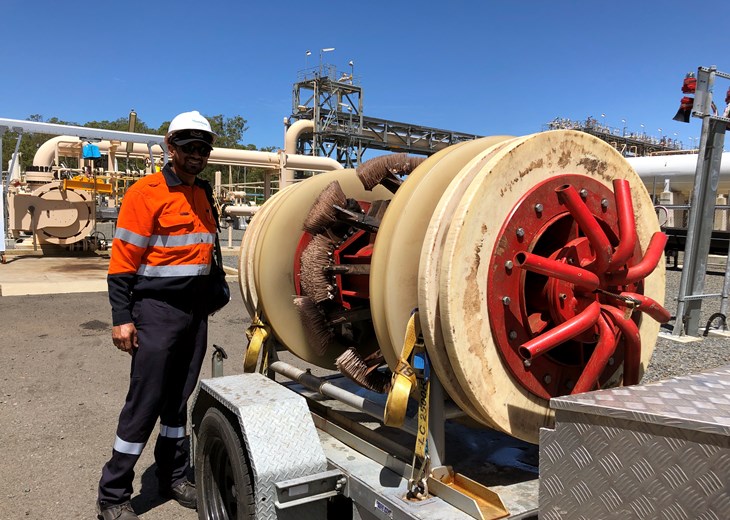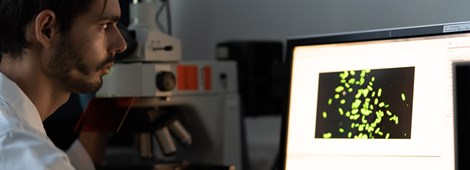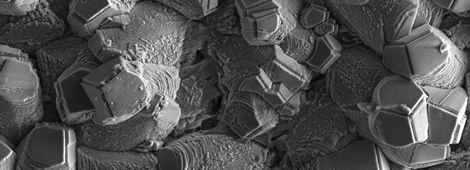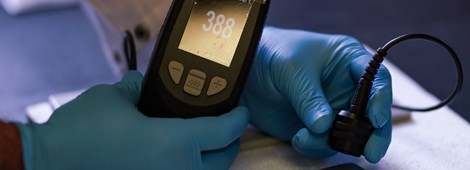Integrity Management

Overview
An asset’s ability to perform its intended function effectively and efficiently while safeguarding the safety and health of personnel and the environment is vital in meeting its business objectives. Structures, machinery, utility and electrical systems and instrumentation are all susceptible to failures due to various forms for corrosion.
Adequate integrity management strategies must be applied systematically to maintain valuable assets in working conditions, so they remain fit-for-purpose. A review of these strategies should be carried out at regular intervals to monitor their effectiveness, adapting rather than reacting to possible changes in service conditions.
Integrity management at Curtin
At the Curtin Corrosion Centre, we engage with various asset owners and operators to review the effectiveness of integrity management strategies at multiple stages of the life of an asset.
The Curtin Corrosion Centre provides expertise in data-driven decision making. These decisions are aimed for continuous improvement of the corrosion and integrity management strategies.
We are supported by the recognised industry and academic experience of our researchers and engineers, resulting in a broad range of activities tailored to address practical problems and provide relatable data to decision makers.
Some examples of the integrity management work we perform at the Curtin Corrosion Centre include:
- Assessment of the effectiveness of chemical treatments (corrosion inhibitors, biocides, pH stabilisers, oxygen scavengers, etc.)
- Evaluation of polymeric and metallic coating performance.
- Quantification of the limitations of various thermal insulation materials and their influence on corrosion.
- Microbial corrosion management.
- Internal and external direct inspection methods.
Additionally, the Curtin Corrosion Centre houses subject matter experts in areas of materials, electrochemistry, corrosion, mechanics, and characterization, which allows us to provide optimal solutions to decision makers.



